The phrase government shutdown seems like something out of a post-apocalyptic movie. How can the United States government just shut down when so many services, operations, and people depend on it? Well, all it takes is one disagreement during an annual meeting for the government to be put on hold until a compromise is made. See what a government shutdown means and the effects it has on government agencies and the citizens of the United States.
What Is A Government Shutdown?

Every year, the United States Congress comes together to decide a budget for the funding of government operations and agencies. If Congress fails to agree on a budget for that upcoming fiscal year, a shutdown takes place.
The shutdown means that numerous government services stop except for a few that are considered to be essential to the safety of the public. During this time, nearly 40% of government employees are on unpaid leave and not allowed to come into work. A shutdown will continue until Congress reaches a consensus on the budget. At that point, employees furloughed will be able to go back to work, and things will go back to normal, for the most part.
Do you know how many shutdowns there has been?
Has A Shutdown Happened Before?

Although government shutdowns are a serious matter, they aren't unheard of in the United States. Since 1976, there have been 18 government shutdowns, all varying in length. The longest lasted 21 days during Bill Clinton's presidency which lasted between December 1995 and January 1996.
The shutdown occurred after a request was made to cut government programs like Medicare, Medicaid, and Welfare. The desire to reduce these programs sent Congress into hysteria, resulting in a shutdown. Another notable shutdown was during Barack Obama's presidency which lasted 16 days when the Republicans in the House of Representatives refused to support funding for Obama's health care law.
Internal Revenue Service Workers Sent Home

During a government shutdown, the Internal Revenue Services are affected as well as the taxpayers in some circumstances. Of the estimated 80,560 employees of the Internal Revenue Service, nearly 44,500 of them are sent home from work. During this time, although the IRS can continue to process tax returns, they are unable to issue tax refunds.
Further, the IRS is not allowed to perform audits and examinations. If your finances are up for review by the IRS during a shutdown, it might affect the dates and timing of specific financial processes. However, there are still numerous functions that continue to run accordingly in the event of a shutdown such as call services, E-filing, active criminal investigations, and more.
National Parks Are Put on the Back Burner

In the event of a government shutdown, around two-thirds of national parks remain semi-open. There is limited admittance into the parks, and the services provided are significantly reduced. For the most part, gift shops aren't open, the grounds aren't maintained, and there is far fewer staff on hand overall.
The accessibility of parks can also change without notice, and some close entirely. Special events such as weddings are no longer allowed to take place, along with educational workshops and tours. Mainly, anything that involves the help of a parks employee closes with only outdoor hiking trails and sightseeing available to the public. National monuments also close because they require employees to run and maintain.
Air Traffic Control Keeps Running (Thankfully)

Air-traffic controllers work under the Federal Aviation Administration (FAA). Being under the federal government means that they fall under the classification of essential workers. They are permitted to continue to make sure that planes take off and land safely during a government shutdown.
The Transportation Security Aviation (TSA) are also essential workers, and all aviation security checkpoints remain open during a government shutdown. However, during a shutdown, the workers aren't paid until after the government has reopened. There is also known to be more anxiety among passengers that think security is more relaxed during a shutdown.
The Military Still Protects Us

For the most part, the military remains unaffected in the event of a government shutdown. It falls under the "essential to national security" category along with other federal systems such as Border Patrol agents and employees of the TSA. Around 1.3 million uniformed military personnel remain on-duty with national security operations still in full effect.
All members of the military still in service are required to perform their duties as usual. However, their payment delays if the shutdown lasts beyond February 1. All in all, the military remains wholly intact and ready for action during a shutdown.
Veterans Affairs Isn't Affected Much
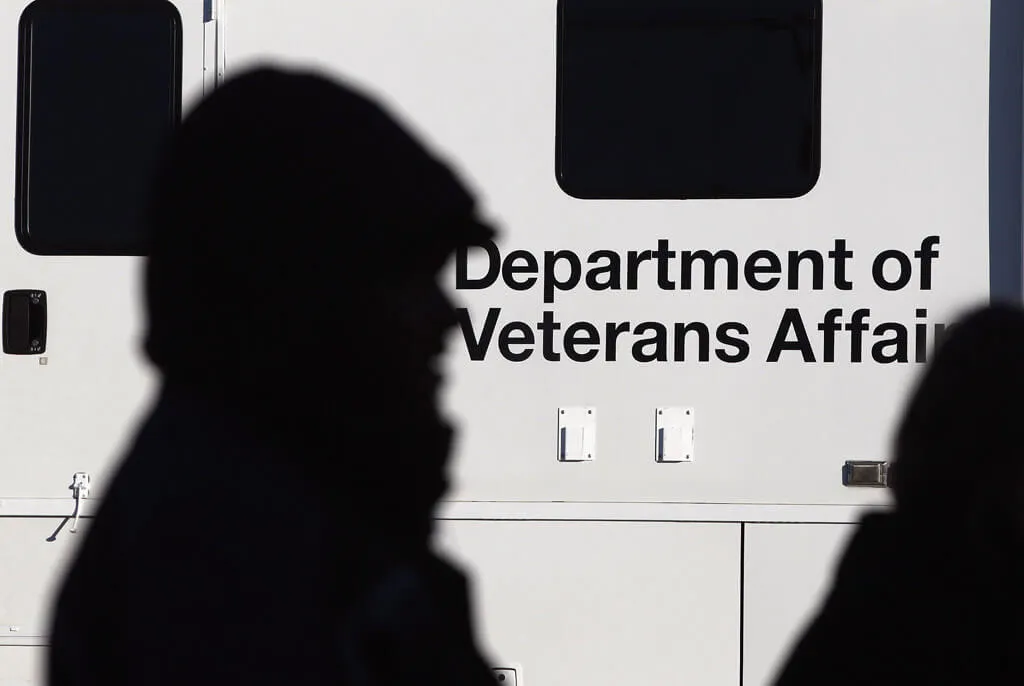
In the previous government shutdowns, there was a real scare regarding veterans not getting their health care. Veterans and their families weren't entirely sure that their needs were going to get met. However, since then, the Veterans Health Administration has been getting its funding appropriated ahead of time.
Now, according to the Veterans Affairs, around 95.5 percent of Veterans Affairs employees are exempt from the shutdown and are allowed to come to work. This way, veterans won't be negatively impacted by a government shutdown.
USPS Continues Because They Sell Stamps

The United States Postal Service is yet another government agency that isn't all that affected by a government shutdown. Post offices are still open, and mail delivery continues as usual. Although the US Postal Service is a federal entity, its budget isn't funded by federal tax dollars.
The postal service makes money every time something is mailed such as when you send a package and pay by weight, or when you put a stamp on a letter. It strictly relies on the sale of postage which is both a good and bad thing. It's a good thing because it still runs during a government shutdown, but bad because its funding is always struggling.
U.S. Embassies Are Essential

When considering operations overseas such as United States embassies, many of the employees are noted to be essential and will continue working. Many of the diplomatic work done in the embassies must continue to run smoothly for the consideration of other countries, as well as for the national security of the United States.
To shut down a United States embassy entirely could lead to some serious problems both short and long-term. Also, we need constant contact with these embassies, because they are a line of communication between the United States and countries around the world.
Minor Social Security Services On Hold
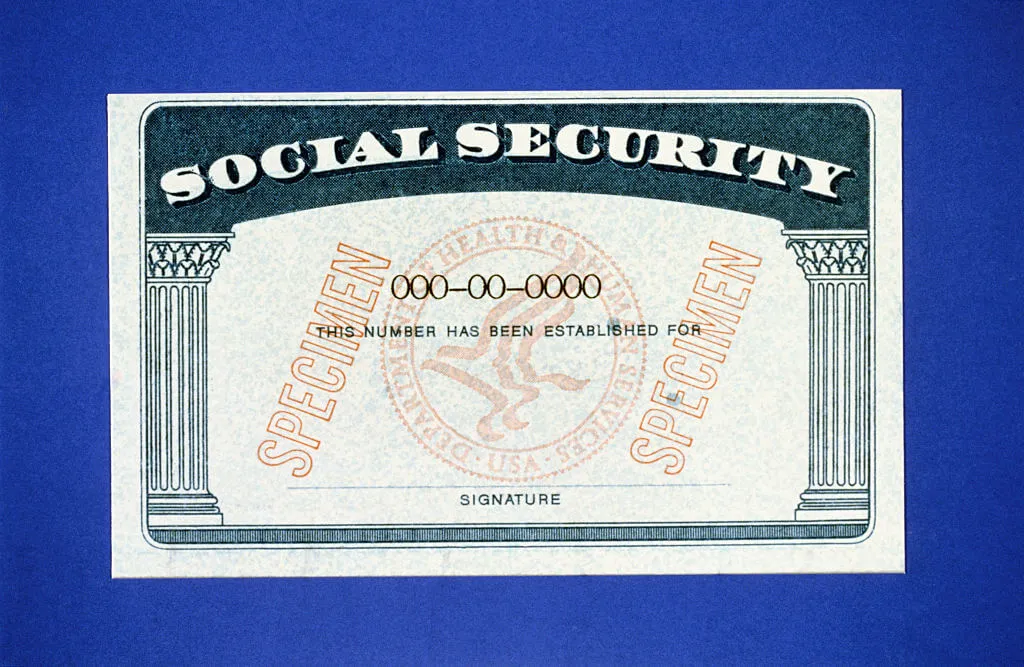
Thankfully, during a shutdown, Social Security and Disability checks are still sent out to those who require them. Fundamentally, nothing affects the public directly; however, a decent amount of the Social Security Administration employees go on unpaid leave, and other minor services put on hold.
These minor services include things such as benefit verification and the issuing of Social Security cards. According to Busines Insider, the Social Security trust fund is paid for by taxes and long-term investments, and a shutdown mainly affects funds annually allocated by Congress.
The Justice Department is Exempt
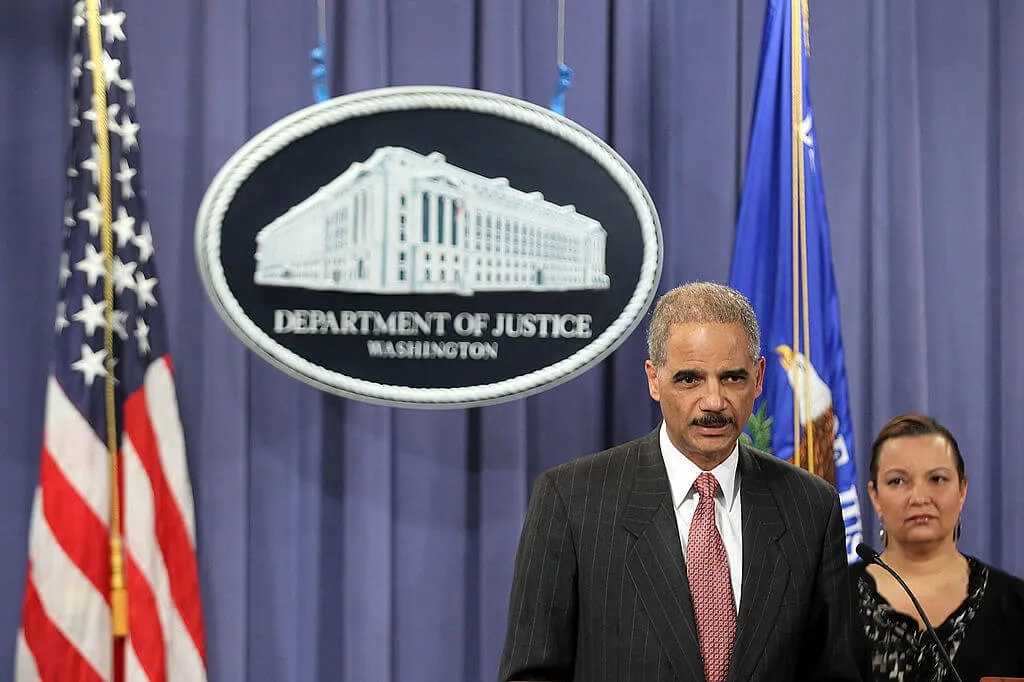
Since most of the Justice Department employees deal with national security and public safety, many of them are exempt from being furloughed during a government shutdown. For instance, special counsel Rober Mueller and his staff are paid regardless of the circumstance as they investigate in Russia meddling during the presidential election.
Usually, the more than 95,000 employees that are exempt are in the national security division such as the FBI, Drug Enforcement Agency, Bureau of Alcohol Tabacco and Firearms, U.S. Attorneys, U.S. Marshalls, and federal prison employees. While most civil cases will be on hold, criminal cases will continue.
US Intelligence Agencies Work Without Pay

During a shutdown, the employees at the 17 different United States intelligence agencies decrease quite a bit. Although this may sound like a danger to homeland security, employees that are considered to be working on high-profile cases or vital matters are expected to continue working without pay.
Although they don't receive payment for their work, it is their duty being in the position they are in to continue working throughout the shutdown. On some occasions, the employees were paid at a later time.
About Half of the Transportation Department Goes Home
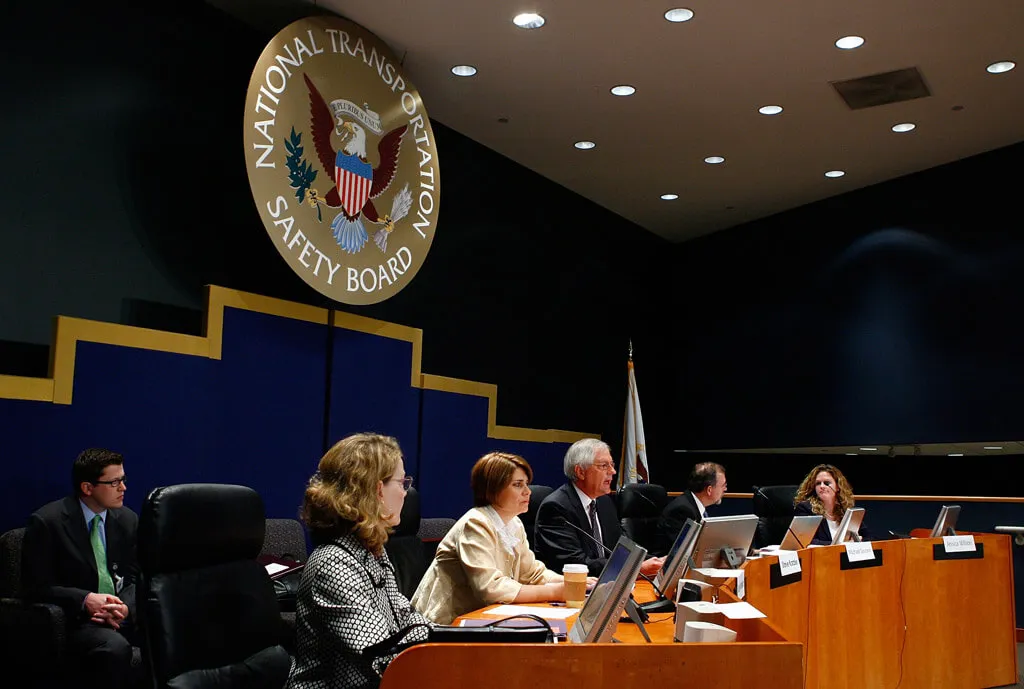
The Department of Transportation has over 55,000 employees, in which case more than half would keep working during a shutdown. Most of those still working are from the Federal Aviation Administration as well as pipeline and railroad safety workers.
However, training, research and development, and registration would come to a halt. When it comes to automobiles, investigation of auto safety defects will stop, and testing of vehicles and equipment would end as well. Also, new information regarding possible errors will not undergo review throughout a shutdown. However, operations paid out of the Federal Highway Trust Fund would continue to run.
Unfortunately, Department of Health and Human Services Stop Working

Unfortunately, half of the 80,000 member staff of the Department of Health and Human Services are not allowed to come to work. Those sent home include the employees of the Center for Disease Control and Prevention, which means that the majority of the research and tracking of diseases and outbreaks is significantly slowed or come to a complete stop.
The same applies to inspectors that work for the Food and Drug Administration who inspect and monitor the safety and cleanliness of food and pharmaceuticals. Also, families that have been waiting for government-run clinical trials will no longer be able to enroll, which could be a matter of life and death for some people.
Medicare Keeps Working For You
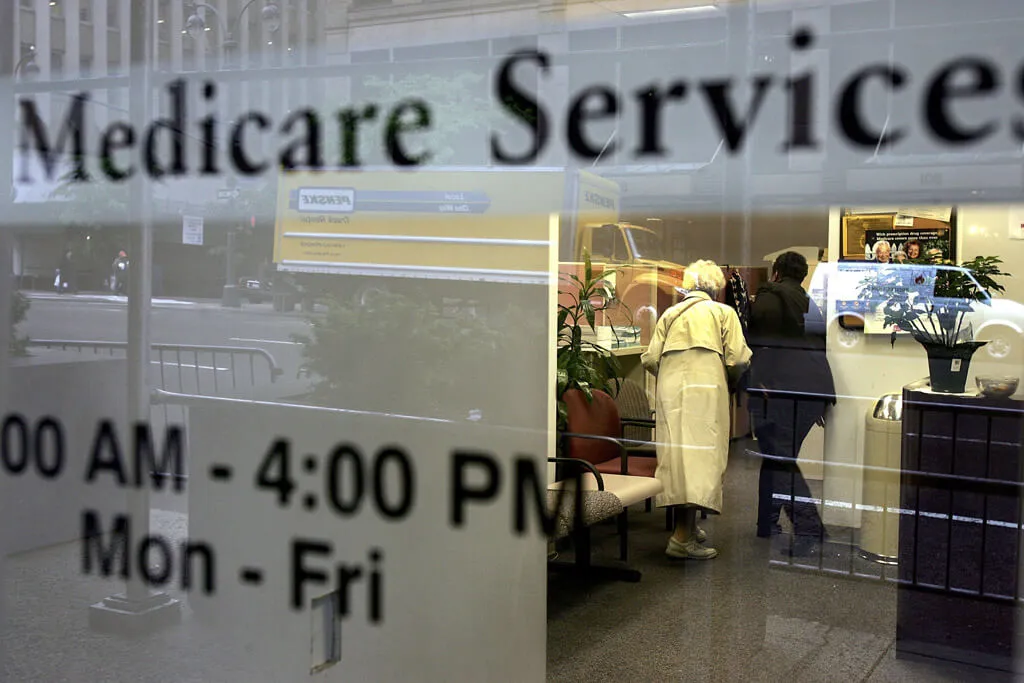
Luckily, the money designated for Medicare benefits is not affected by a government shutdown. Medicare is under protection because processing Medicare claim falls under an essential aspect of government. Much like Homeland Security, Medicare is crucial, and they can't allow a government shutdown to have any real effect on it since so many people rely on it.
According to the Centers for Medicare and Medicaid Services, only two things would be affected by a shutdown. One would be that the CMS would temporarily suspend the strike force teams against healthcare fraud and abuse. The other is that that the CMS would conduct fewer re-certifications and initial certifications for providers.
Head Start Programs Stop When There's No Funding
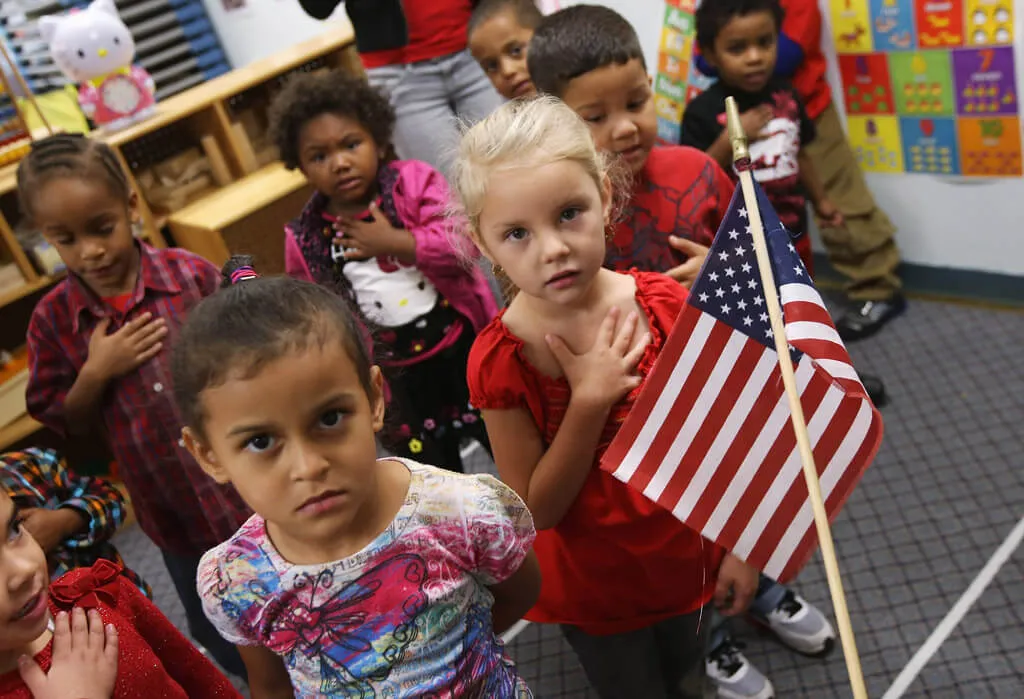
Head Start is a federally funded program designed to aid in early childhood education. The program focuses on health, nutrition, and parent involvement to low-income schools and families. The program receives funding on the first of every month, so in the event of a government shutdown, they're okay unless the closure reaches February 1.
Looking back on the 2013 shutdown, Head Start preschools in six states had to close down for the time being. The closing affected 6,300 low-income children and their families. This also meant that they didn't get their food for the day, and their parents had to find somewhere else to take the children while they went to work.
NASA Keeps Working
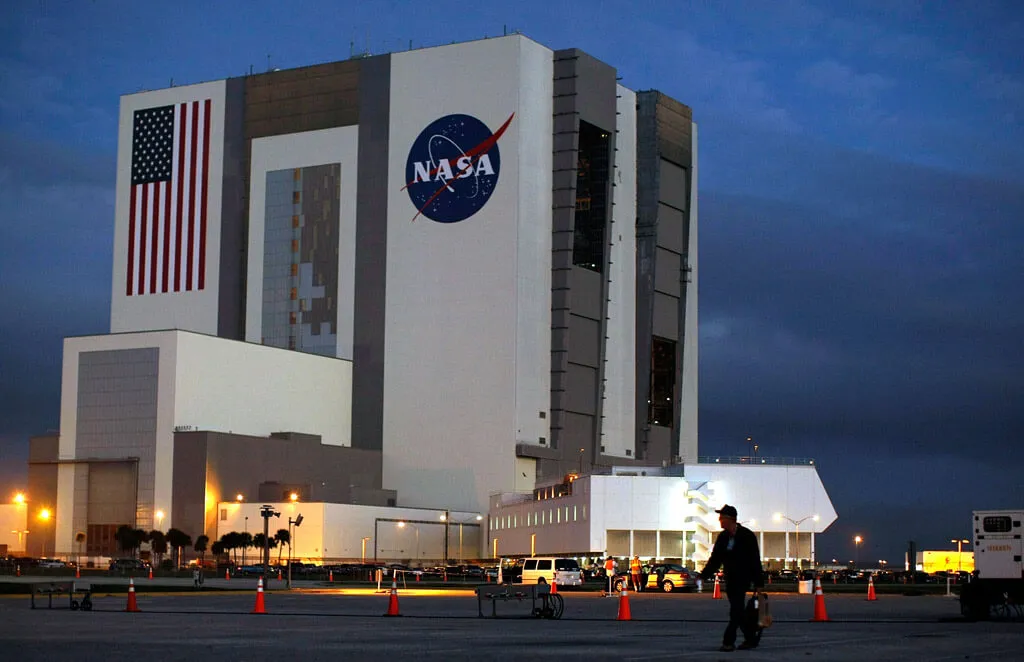
When it comes to NASA, all of the currently operating space missions and the Internation Space Station will continue to gather data. It wouldn't be wise to shut down satellites floating in space. Furthermore, the three astronauts aboard the station would also continue to work, with cargo supply trains running as well.
However, the work on some high-profile space technology and crafts would also be put on hold unless it put the crew or the project in immediate danger. Altogether, a shutdown would delay some significant government-funded projects, but many would continue working who are involved in current space missions.
Food Stamps and Subsidized Lunches Must Be Renewed

Depending on the time of the year, food stamps, and subsidized lunches for children at school go unaffected for the most part. However, the funding for such programs only has so much money saved up. So if a shutdown ends up lasting long enough and there is no longer any money left for funding, something has to change.
Food stamps and other federal nutrition programs are mandatory programs, but Congress must renew the funding for these programs every year.
The National Oceanic and Atmospheric Administration Must Return to Port
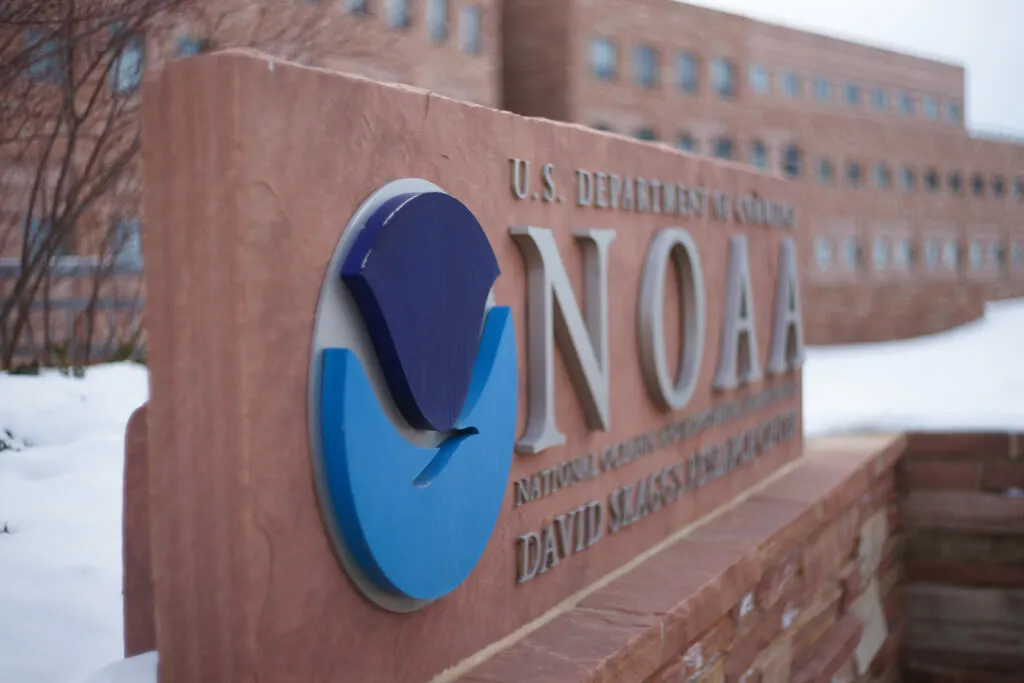
During a shutdown, only around 5,000 of the 11,000 employees of the National Oceanic and Atmospheric Administration continue to work. The shortage means that all of the NOAA research vessels would be called to dock at the nearest port, and mostly all other research projects underway would be put on hold.
For the most part, those who aren't sent home would be working for the National Weather Service and other functions used by the public. Others may be apart of the small crew that is in charge of keeping an eye on the greenhouse-gas monitoring systems and recording data.
The National Science Foundation Has To Reschedule Everything

The National Science Foundation takes a hit during a government shutdown. In 2013, of the foundation's 2,000 employees, around 98% of them would be sent home. Also during that time, the foundation was forced to stop reviewing grants and giving out payments.
Being forced to stop practically all work poses a big problem. Once the shutdown is finally over, the foundation then has to reschedule everything put on hold during the shutdown. Shutdowns can seriously affect large research operations in locations such as the Antarctic or other time-sensitive research projects.
 Article Images
Article Images